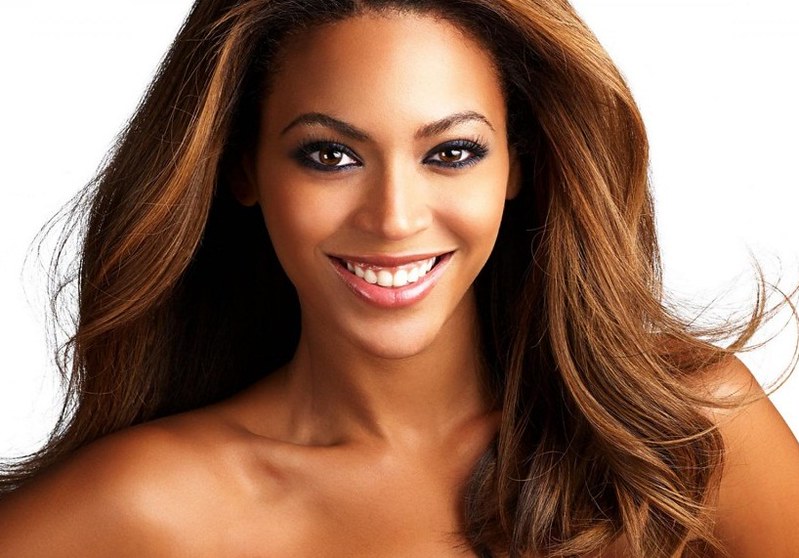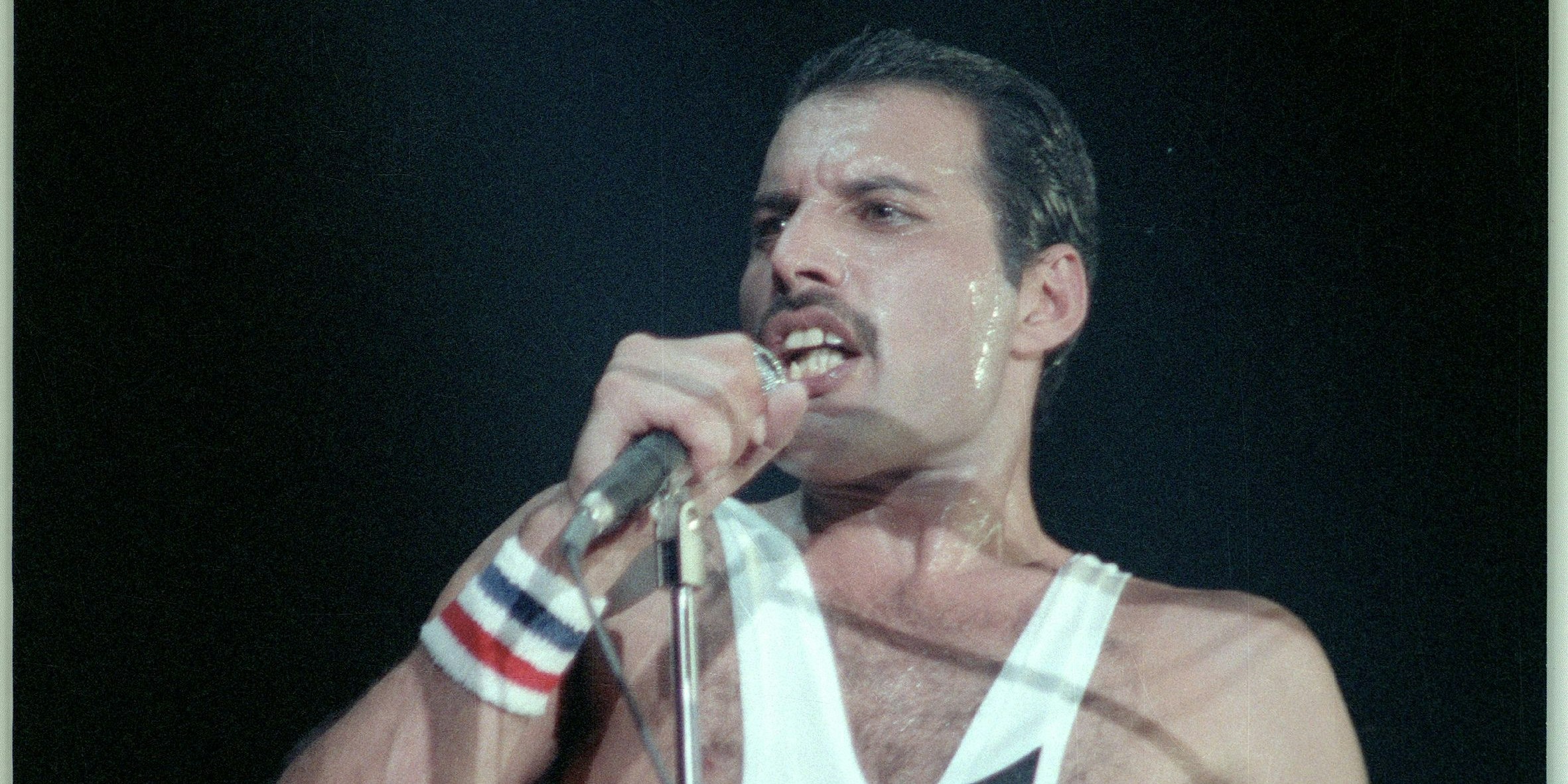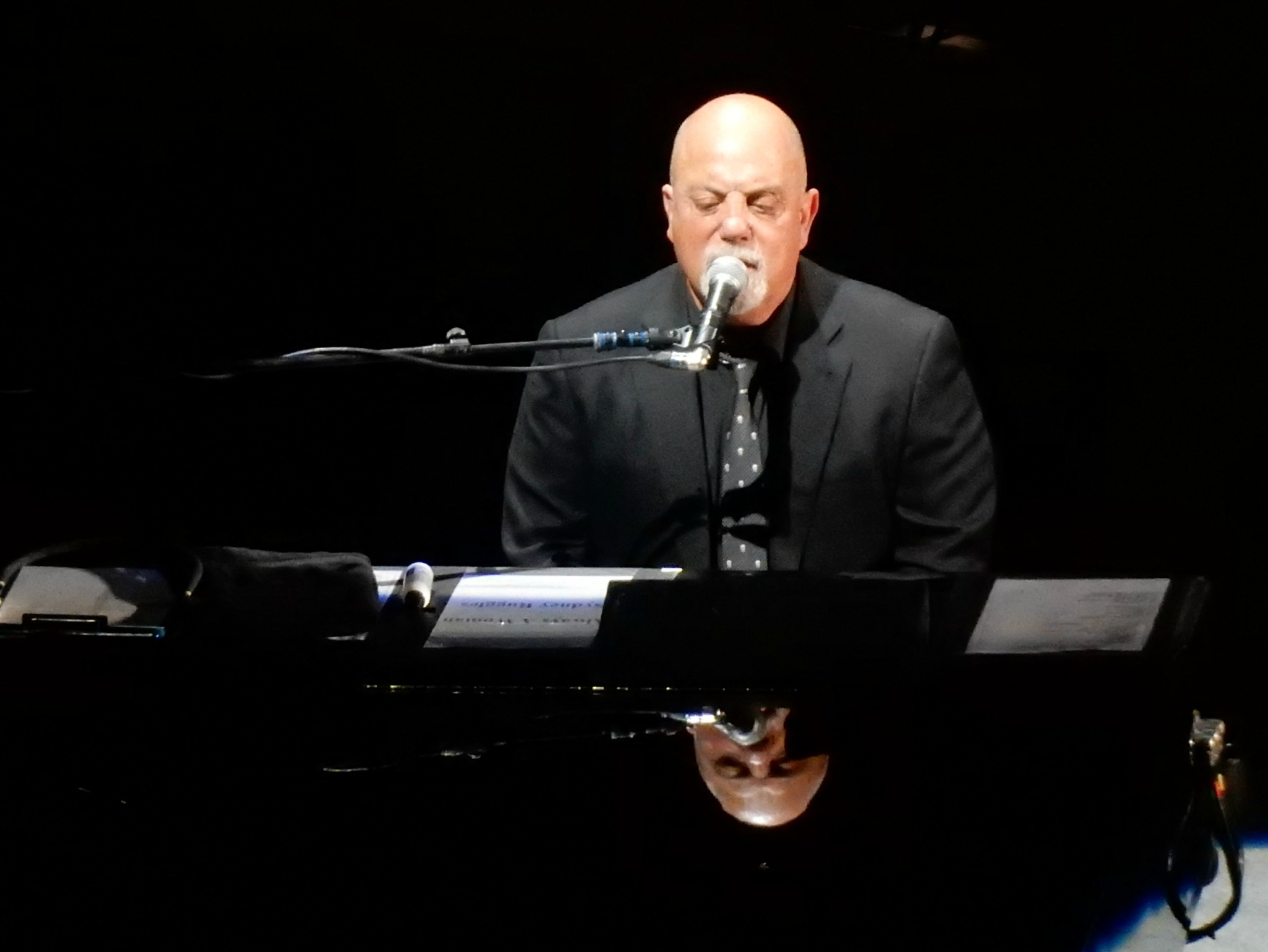The internet’s memory runs deep. A decade-old video showing Beyoncé’s reaction to a traditional Māori Haka dance has resurfaced on social media platforms this month, transforming a backstage moment into a full-blown cultural controversy.
The original footage, captured in October 2013 during Beyoncé’s “Mrs. Carter Show World Tour” stop in Auckland, New Zealand, shows the Grammy-winning artist responding to a surprise Haka performance by mirroring some of the dance’s characteristic movements and facial expressions. The video initially appeared on Beyoncé’s official YouTube channel but gained renewed attention after being shared widely across Instagram and TikTok last week.
Social media reactions have been sharply divided, with critics claiming disrespect toward Māori traditions while supporters see a genuine cultural exchange, according to Atlanta Black Star. The comments sections on various platforms reveal opposing perspectives about cross-cultural interactions and the boundaries of appropriate engagement with indigenous traditions.
For the uninitiated, the Haka isn’t just any performance. This ceremonial dance holds profound significance in Māori culture, serving traditionally as both a war dance and a way to welcome distinguished visitors. Characterized by rhythmic foot-stamping, powerful vocalizations, and intense facial expressions including protruding tongues, the Haka remains a cornerstone of cultural identity for New Zealand’s indigenous Polynesian population.
What distinguishes this controversy is the involvement of Stan Walker, the Australian-New Zealand musician who actually led the original Haka. Walker, who is of Māori descent, told The New Zealand Herald that Beyoncé was completely surprised by the dance and that the atmosphere was filled with deep respect for her as an international performer, according to Black Enterprise.
The resurfaced footage has split social media into opposing camps. Supporters view the interaction as a genuine moment of cross-cultural appreciation, pointing to the spontaneous nature of Beyoncé’s response and the context of the performance as evidence of respectful engagement rather than appropriation.
The timing of this resurged controversy proves particularly noteworthy, occurring during heightened global conversations about cultural sensitivity. Just two months ago, New Zealand witnessed significant cultural protests when Māori lawmakers performed a Haka in Parliament to oppose a controversial bill reinterpreting the nation’s founding treaty with indigenous peoples.
The Beyoncé incident reflects broader questions facing entertainers who engage with cultures not their own. Similar controversies have emerged in recent years, including when the Kardashian children performed a Haka on TikTok in 2020, prompting Māori Council executive director Matthew Tukaki to note: “It has to be done with true intent,” according to Capital XTRA.
What makes the Beyoncé case distinctive is that her interaction occurred in a private backstage setting rather than as part of a public performance or social media post. The spontaneous nature suggests genuine interest rather than calculated appropriation – an important distinction in these discussions.
For fans and critics alike, the debate ultimately centers on intent versus impact. While Beyoncé’s spontaneous response appears devoid of malicious intent, the varied reactions highlight how cultural interactions can be perceived differently depending on one’s position and perspective.
Cultural experts emphasize that context plays a crucial role in evaluating such interactions. The original performance was intended as an honor for the visiting artist, and her response came within that framework of mutual respect. Whether that full context gets lost or preserved as the video continues circulating may determine how this decade-old moment is ultimately judged.


























